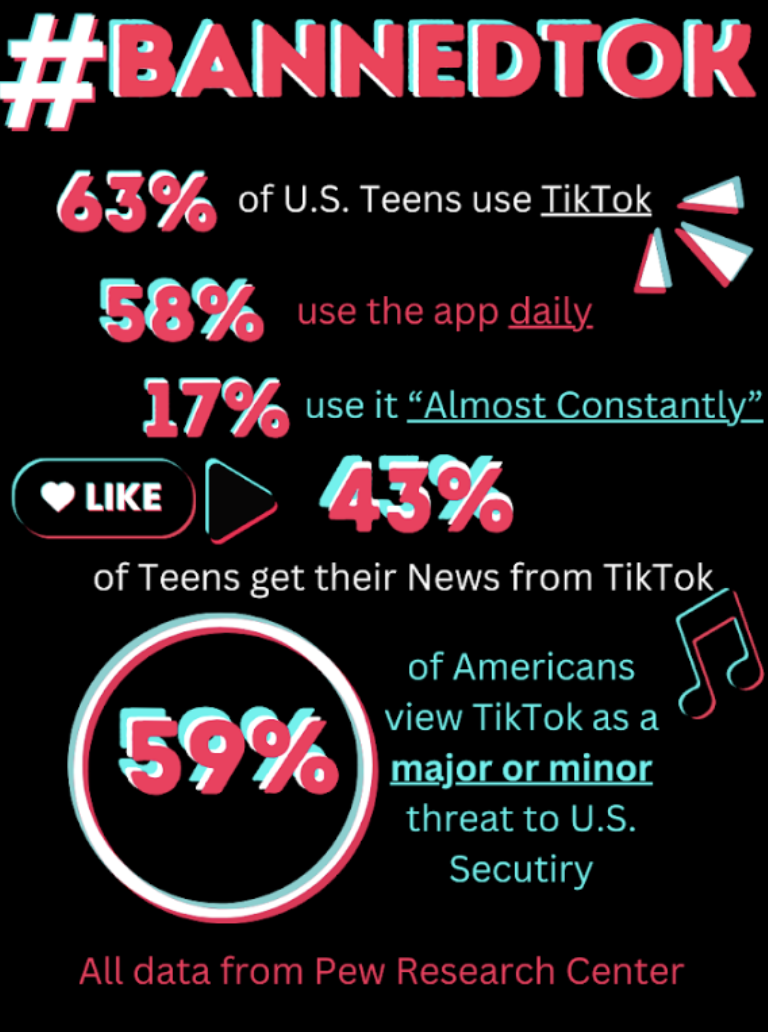Paper News: To stand or not to stand—Protests and apathy result in a decline in Pledge participants
As students get settled into their second period classes, the Staples High School principal, Dr. Mark Karagus, delivers the morning announcements and relays the familiar Pledge of Allegiance. While some students stand, other students and teachers choose not to do so.
The West Virginia State Board of Education v. Barnette Supreme Court case established the freedom for students to elect whether or not to participate in the Pledge of Allegiance, and Hannah Simmons ’16 takes full advantage of the ruling. She believes the pledge endorses religion and is a violation of the establishment clause under the Constitution.
“I don’t like the religious aspect of the Pledge of Allegiance. I’m not a religious person, so I don’t really feel comfortable saying the part about God,” Simmons said.
Although the Pledge of Allegiance was originally written in the year 1892, numerous edits and additions were added to Americanize it even more. In 1954, in response to communist threats at the time, Eisenhower encouraged Congress to add the words “under God.” In 2014, the Supreme Judicial Court of Massachusetts ruled that the Pledge of Allegiance does not discriminate against atheists and upheld the phrase, defending, “under God” as a patriotic exercise.
Unlike Simmons, Nicole Kiker ’17 does not have a specific objection to the Pledge, but she, nevertheless, still finds herself sitting more times than standing. “I don’t stand sometimes, but it’s not like a crusade against it or anything. I’d simply just rather be sitting,” Kiker said, adding, “I don’t really care for something that has no relevance to me or what we are learning about in school. I don’t even understand what it means, so why is it part of the curriculum?”
Offering an alternative perspective, Staples librarian, Colin Neenan, believes that while people may not have to stand for the Pledge of Allegiance, there is a certain amount of respect that should still be given. “You’re making an effort to be rude by walking [during the Pledge of Allegiance] or not paying any attention to it at all,” Neenan said. “I feel like students need to stop for a moment and see what’s going on.”

Benjamin Foster ’16 and his older brother, Jonathan, are similar in many ways.
They both love baseball, especially the Mets. They both respect each...











































